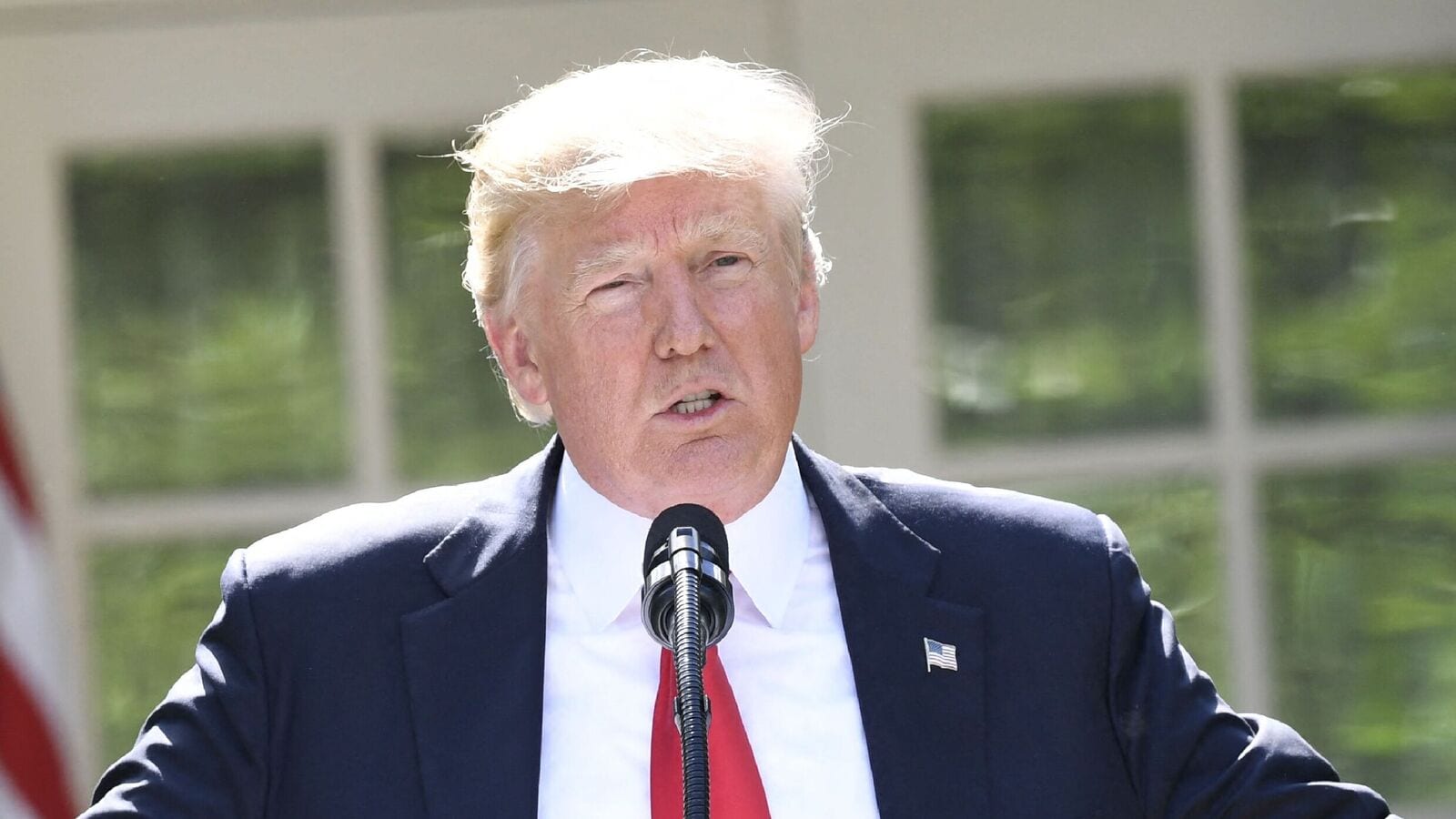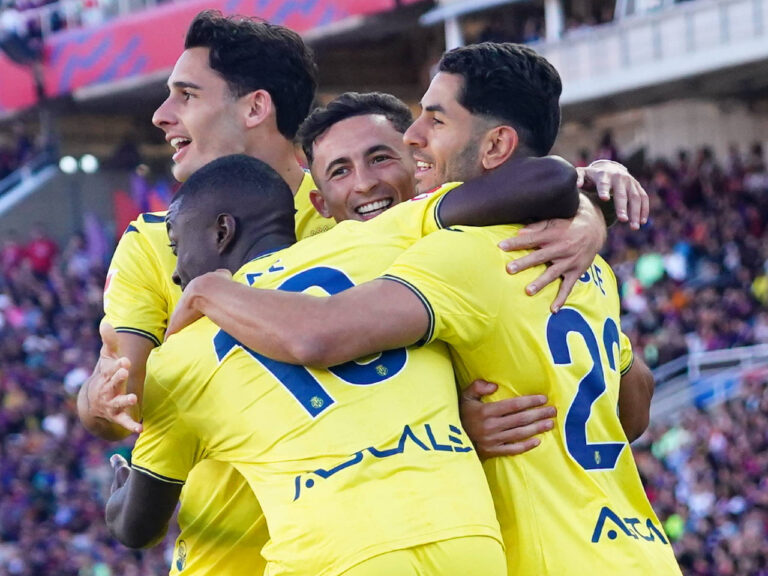Trump’s Doubts on Iran Nuclear Deal Grow: Is War on the Horizon?
Trump’s Dwindling Confidence in Iran Nuclear Deal Raises Concerns
In a candid conversation during his recent appearance on the “Pod Force One” podcast, US President Donald Trump expressed growing uncertainties regarding the potential for a new agreement with Iran to halt its uranium enrichment program. This shift in confidence marks a significant development in ongoing discussions about Iran’s nuclear capabilities—discussions critical not only for US national security but also for global stability.
Increasing Doubts Over Negotiations
When asked whether he believed a deal could be struck with Tehran to limit its nuclear activities, Trump admitted, “I don’t know. I did think so, and I’m getting more and more — less confident about it.” The President’s comments reflect a stark contrast to earlier optimism surrounding potential negotiations. He hinted at possible Iranian “delaying tactics,” suggesting a change in Tehran’s willingness to engage in comprehensive talks. “I’m much less confident of a deal being made,” Trump stated, evoking concerns about the effectiveness of diplomatic strategies.
As the situation develops, it’s crucial to understand the context behind these negotiations. The previous agreement, established in 2015, saw major world powers, including the US under President Barack Obama, lifting sanctions in exchange for limitations on Iran’s nuclear program. However, Trump’s administration withdrew from this deal in 2018, framing it as a necessary action to counter Tehran’s aggressive posture in the Middle East.
Implications of Non-Compliance
Recent discussions have also emerged regarding Iran’s compliance with its nuclear obligations. Western nations, particularly the E3—comprised of France, the UK, and Germany—are preparing to introduce a resolution at the UN’s nuclear watchdog, the International Atomic Energy Agency (IAEA). This resolution would declare that Iran has failed to uphold its commitments, marking the first instance of such a declaration in 20 years.
- Key points from the upcoming resolution include:
- Iran’s failure to provide required cooperation on undeclared nuclear materials.
- Concerns over activities at multiple undeclared locations within Iran.
- A potential call for an increased international response should Iran continue its non-compliance.
An IAEA report has indicated that Iran’s failures since 2019 to adequately cooperate with inspections could constitute a serious breach of its Safeguards Agreement. This evolution raises the stakes for diplomatic negotiations and highlights the intricate dynamics at play between Tehran, Washington, and other global powers.
Military Options on the Table
Despite Trump’s preference for a diplomatic resolution, he has not shied away from the idea of using military force if necessary. In his podcast interview, he reiterated, “the US would not allow Iran to have a nuclear weapon, whether or not a deal is reached.” This stance underlines a significant point of tension—not just with Iran, but among international players who fear that military action could lead to widespread conflict in the already volatile Middle East.
Trump elaborated on this sentiment, stating that while it would be “nicer to do it without warfare, without people dying,” the “level of enthusiasm” from Iran to negotiate an agreement seems to have diminished. This bittersweet acknowledgment reflects the broader challenges of reconciling national security interests with diplomatic engagements.
Israel’s Perspective on the Iran Nuclear Deal
In line with these discussions, Trump shared insights from his recent conversations with Israeli Prime Minister Benjamin Netanyahu regarding Iran. The relationship between Israel and Iran is fraught with tension, primarily due to Iran’s alleged support for groups hostile to Israel. Netanyahu has consistently advocated for strong measures against Iran’s nuclear ambitions, emphasizing the need for a robust and enforceable deal.
As the situation continues to unfold, both Israel and the US remain vigilant, monitoring Iran’s nuclear developments closely while considering strategic responses. The added complexity is that Iran has publicly stated it has no intention of developing nuclear weapons, claiming its nuclear program is solely focused on power generation and peaceful projects. This claim, however, is met with skepticism from Western nations.
Conclusion: The Road Ahead
The prospect of negotiating a new nuclear deal with Iran presents a myriad of challenges. As Trump’s confidence wanes, the international community is left to consider the ramifications of both potential agreements and the consequences of failed negotiations. With military action lingering as a possibility, the need for balanced, proactive diplomacy has never been more critical. Stakeholders around the globe will be watching closely as these high-stakes discussions continue to evolve.
In the coming months, as diplomatic channels remain open and tensions simmer, the outcomes may have lasting implications not only for Iran and the US but for regional stability and global peace as well.






